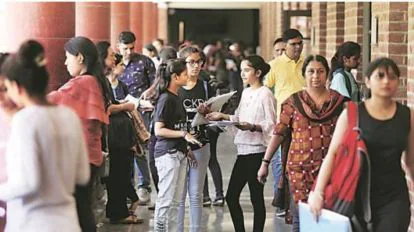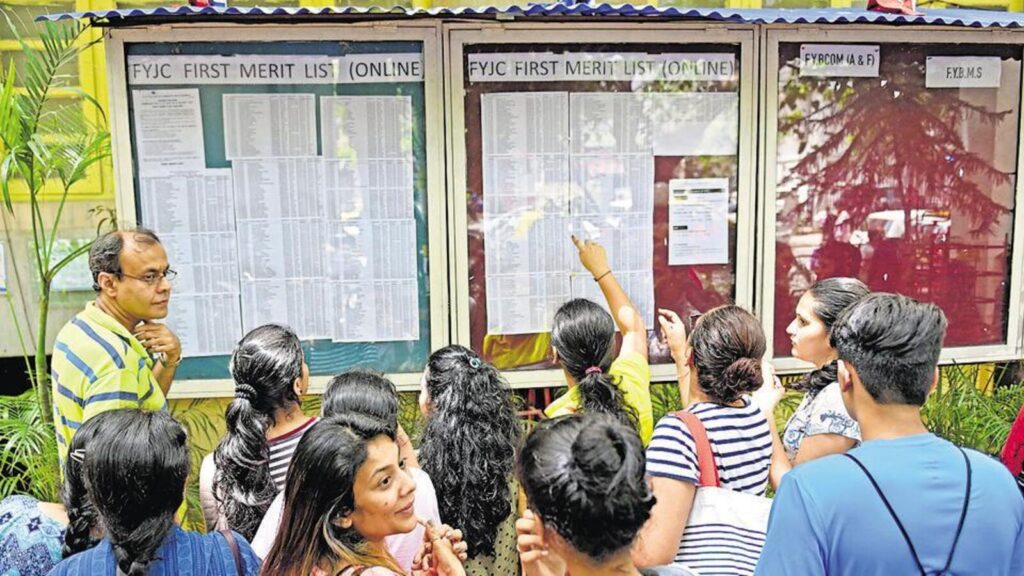
A growing controversy has emerged in Mumbai’s education sector, with several minority educational institutions accusing the Maharashtra government of attempting to interfere with their constitutionally protected admission rights. The allegation that the “government tried to take over admissions in our institution” has sparked intense debate around Article 30 of the Indian Constitution, which protects the rights of minorities to run their own educational institutions. This incident brings renewed focus to the Mumbai education news landscape, especially in the wake of the ongoing FYJC (First Year Junior College) admission process and the role of centralized admission systems.
What Is Article 30 and Why It Matters
Article 30(1) of the Indian Constitution states that “all minorities, whether based on religion or language, shall have the right to establish and administer educational institutions of their choice.” This includes the right to decide admission criteria, manage internal affairs, and appoint staff, free from unwarranted state interference. For decades, minority educational institutions in Mumbai such as Anjuman-i-Islam, St. Xavier’s, and others have functioned independently under these constitutional guarantees.
Minority Institutions Resist Centralized Admission Control
The Maharashtra government reportedly tried to establish a consolidated online admissions process for all institutions, including minority-run colleges, according to recent remarks made by education executives. Since it restricted their authority to reserve seats for students from their communities, many believed that this violated Article 30.
“We are not opposed to transparency, but the state cannot override our constitutional rights,” stated a senior administrator from a reputable minority college. This attempt to control admittance compromises our independence and jeopardizes the reason these institutions were established.
Anjuman-i-Islam Leads the Protest
Anjuman-i-Islam, a leading Muslim minority educational trust in Mumbai, has taken a public stand against the move. The trust highlighted that minority institutions are not just educational centers, but also cultural and community anchors, meant to uplift marginalized sections through education. Their representatives pointed out that forcing them into the FYJC centralized admission system would mean losing control over seat allocation, which is essential for fulfilling their minority-focused mission.
Mumbai Education News: A Constitutional Flashpoint
This is not the first time that Mumbai’s education policy has faced criticism. In past years, similar conflicts have occurred between state departments and minority institutions over autonomy, curriculum control, and appointment powers.
Legal experts have noted that while state oversight is necessary to maintain quality and fairness, it must not override the fundamental rights guaranteed under Article 30. Many fear that extending centralized systems to minority institutions could set a troubling precedent.
The ongoing stand off between minority educational institutions in Mumbai and the state government over admission control underscores a deeper tension between constitutional autonomy and centralized governance. As institutions like Anjuman-i-Islam invoke Article 30 to protect their rights, the debate highlights the urgent need for balanced education policies that respect both transparency and minority freedoms. In a city as diverse as Mumbai, safeguarding the educational rights of all communities isn’t just a legal obligation,it’s a reflection of India’s democratic ethos.












More Stories
Why Indian Parents Are Turning to International Boards Like IB and Cambridge
CBSE Date Sheet 2026 Released: Class 10 & 12 Board Exams to Begin on February 17
Krishnagiri Hosts Special Guidance Programme for Differently-Abled Class XII Students